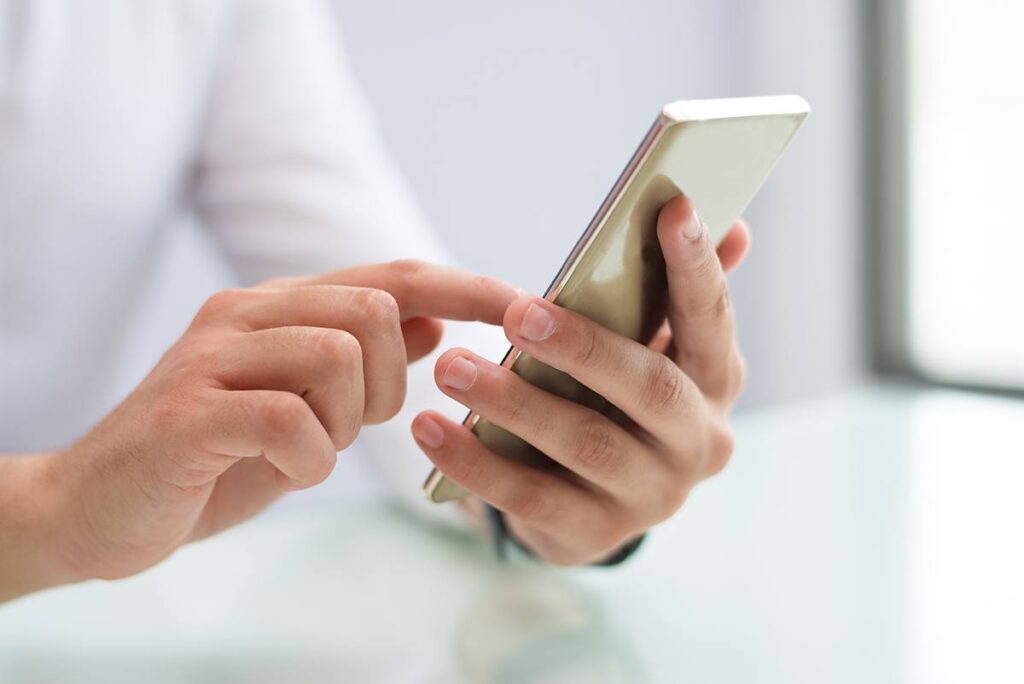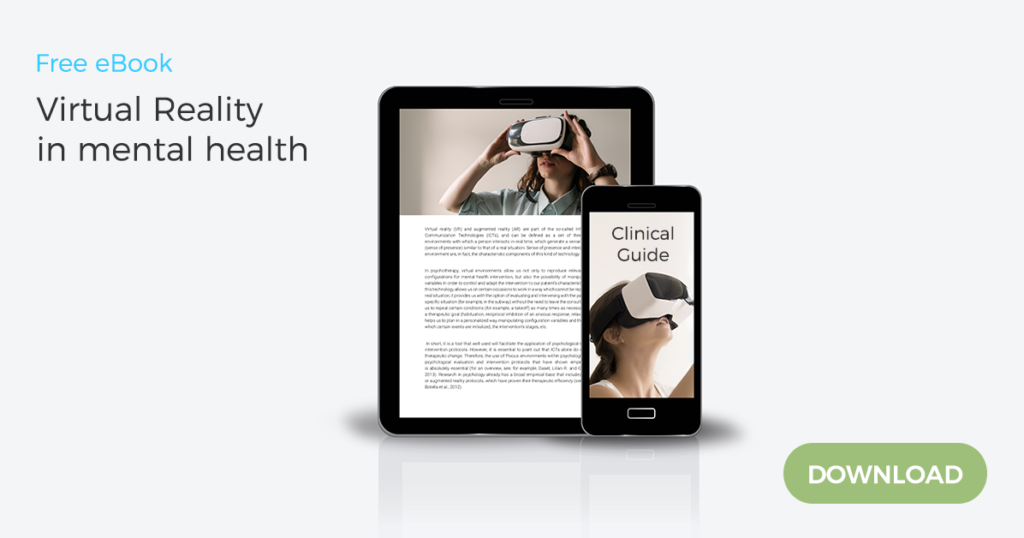Consumer diagnosis is rapidly expanding in the health sector, thanks to accelerated advances in genetic testing, DNA analysis, and artificial intelligence. Linked to this development, there are agreements between large health companies and new platforms, where data needs to be crossed to obtain new results. An example is the HealthXL data platform, which tracks the activity of more than 70,000 healthcare organizations to identify trends and extract meaningful information for the consumer.
While this crescent exists, the use of consumer diagnoses generates controversy both in advances in genetic tests, DNA analysis, artificial intelligence, and blood analysis.
New platforms for diagnosis from home:
More and more people prefer practical solutions to remotely access a rapid health diagnosis. Below we name some of the platforms that have stood out either for their efficiency or for their innovative format.
Fotoskin is a tracking tool for the detection of skin cancer. It includes a tool to facilitate the patient’s photographic self-control of their moles and then be analyzed together with a dermatological specialist in consultation.
Currently, 23andMe is the self-diagnosis company with the most users in the market, more than 5 million people have already used their services, which consists of collecting your genetic data through a saliva sample. 23andMe partnered with the large pharmaceutical GlaxoSmithKline (GSK) with the objective of collecting and using genetic data to identify new pharmacological objectives.
Other consumer health diagnoses include diagnoses based on blood tests or conversations with diagnostic support bots driven by Artificial Intelligence (AI). It highlights an artificial intelligence system that has been trained for ten years and has already defeated 15 doctors in the diagnosis of brain tumors. BioMind AI has been developed by the artificial intelligence research center of the Capital Medical University and in 15 minutes made 87% of correct diagnoses of a total of 225 cases, compared to 66% achieved by a human medical team.
Phenomizer, developed by the University of Saarland and the Max Planck Institute in Germany, detects genetic ailments. Its operation is simple: the patient’s symptoms are introduced and in seconds possible hereditary diseases are suggested in the Human Phenotype Ontology database (1).
Many applications are linked to the treatment of stress and anxiety. One of the most prominent is Mind Shift, designed specifically for young people. Instead of trying to avoid feelings of anxiety, Mind Shift emphasizes the importance of changing the way you think about anxiety. This application works as a “coach” that encourages the patient to take charge of his life, overcome intense emotions and face challenging situations.
Other applications focus on diagnosing depression, a tendency to suicide or even bipolar disorder, such as IMoodJournal, which records from mood and symptoms, to sleep medications and energy cycles. When tracking these various factors, analyze daily feelings through summary tables that indicate where your stress levels increase and decrease.
References:
(1) Köhler et al., The Human Phenotype Ontology in 2017.
Nucleic Acids Research (2017) doi: https://doi.org/10.1093/nar/gkw1039
OTHER ARTICLES THAT MIGHT INTEREST YOU:
What will be the main innovations that will revolutionize medicine in the 2020s?Top 5 digital platforms for therapy












